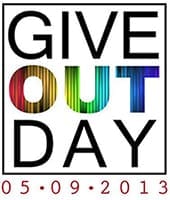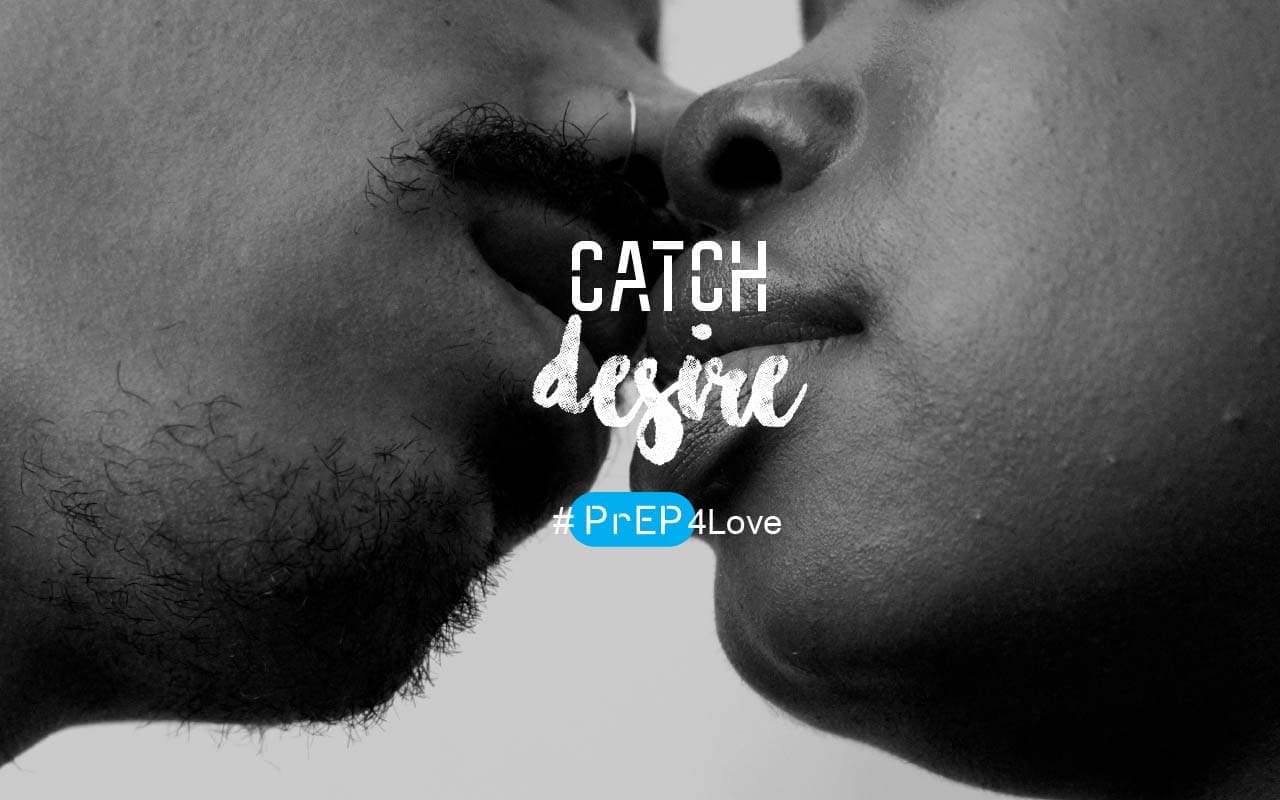By Elijah McKinnon, Digital Communications Coordinator
This time last year, I sat across the table from Joseph Varisco as he introduced me to Queer, Ill & Okay — a performance series that examines chronic illness in a new light. Located in a crowded café in Logan Square, the Chicago-based performance artist, producer, documentarian and teacher unpacked the intricate details that make up the multidisciplinary performance series. He hoped then that Queer, Ill, & Okay would become a lasting event in Chicago that is continually evolving.
Fast forward to the present. Queer, Ill & Okay has transformed to that and more. Now in its third year of production, QIO has immensely expanded beyond its initial concept. “Since first appearing, Queer, Ill & Okay has reached over 1,500 artists and audience members,” Varisco says proudly. Through partnerships with organizations like Howard Brown Health Center, he and his team have “presented over a dozen educational workshops at universities around Chicago. In addition to showcasing a brand-new series of artists from across the city of Chicago [in the latest iteration], the production continues to sell out to standing-room-only audiences.”
I briefly caught up with Oil Rodriguez and Amir Rabiyah — two performers in the production — as they prepare for opening night this Friday. Read about their pieces that explore the relationship between queerness, the body and chronic illness. Tickets can be purchased here for the performances on Thursday, July 24 and Friday, July 25. Don’t miss out!
Oli Rodriguez is an interdisciplinary artist working in video, photography and performance. His projects conceptually intersect and dialogue within consent, queerness, childhood and sexuality.
It’s often very difficult for individuals to discuss chronic illnesses without tokenizing a person; how has QIO provided you with a safe space to freely address and explore [your] chronic illnesses?
Although HIV/AIDS has changed drastically over the past thirty years, we still have a lot of work to do when it comes to reversing stigma. Yes, the illness has changed; however, the illness is still chronic. I strongly feel that Queer, Ill & Okay allows individuals like myself to explore these conversations in an open venue. This is especially important when considering that stigma is often rooted in the creative silence.
Now in its third year, QIO has allowed a handful of artists to share very intimate thoughts and perspectives. What are you most eager to convey to audience?
I’m super honored and flattered that Joe [Joseph Varisco] has invited me to participate and share myself this year. And I’m also very excited to share some of the writings from my project [The Papi Project], as well as the unique perspectives I have to offer, especially when factoring in my upbringing. In this instance, I look forward to showcasing alternative family dynamics and how the images from the initial HIV/AIDS epidemic have changed significantly.
Amir Rabiyah is a queer, disabled and two-spirit writer of Lebanese, Syrian, Cherokee, and European ancestry. Their work explores the complex and beautiful intersections of multiple identities and is a call for social justice for all oppressed people.
Can you share how you arrived at the development of your piece for Queer, Ill & Okay?
I’ve been writing more and more about my chronic illness over the past couple of years. But one part I haven’t really explored is how isolation is directly connected to chronic illnesses. Sadly, I don’t think that people, especially the queer community, understand that this is a very serious issue that is affecting a lot of people. It is really concerning that so many people in my community are on the verge of homelessness and are barely staying alive. In my writings I address that we need to do something as a larger community. We should be sharing our resources with one another. With my piece, I really want to break the silence that surrounds chronic illnesses because there is so much taboo and shame around talking about depression.
There are many taboos associated with mental and physical illnesses; how does your performance break barriers, reduce stigma and introduce new determinations?
I think that some of the stigmas will be broken down just by focusing on some of the emotional challenges associated with chronic illnesses. Breaking the silence and sharing it with the audience is my largest determination. I think that opening myself up and speaking my truth will shed a new light on what is means to be chronically ill. There is an immense power in sharing raw emotion; it encourages others to break the silence.



